Benjamin Schachter of Macquarie Research expects that the Supreme Court's verdict on a long-running suit over developer's fees in the App Store will be heard soon, but the ruling won't come down until early 2019, and any possible financial impact is at least a year away.
As the world turns its eyes Thursday to the hearings in Washington of U.S. Supreme Court nominee Brett Kavanaugh, one analyst is looking ahead to one of the cases the Court will be considering this fall.
The report authored by Schachter notes that the U.S. Supreme Court will hear arguments in Apple v. Pepper, a case concerning the antitrust implications of Apple's App Store fees, as early as the last week of November. However, the analyst notes that the arguments could be pushed back to early 2019.
"In the scenario that Pepper wins (if court rules that consumers are "direct purchasers" with grounds to sue), the case will continue back in the lower courts," the note said. "If Apple wins, it is likely that a similar lawsuit will be filed on behalf of developers, not consumers. We believe that under either scenario, this case will call heightened attention to the issue of App Store economics to investors' analysis, although the Supreme Court decision will not directly impact the model."
The note says that the case could hurt Apple's performance if the decision results in lower rates, although that is several steps away. Macquarie, in the note, did not adjust its price target for Apple, keeping it at $235.
A decision is likely to arrive in the spring or summer of 2019.
The Pepper case was first filed in 2011. The case concerns a group of app developers who believe Apple's App Store fee regime violates antitrust laws. The plaintiffs allege that Apple has engaged in anti-competitive behaviors in taking a cut from developers' sale proceeds. Also at issue in the case is whether companies like Apple can be sued under antitrust law over App Stores, with the plaintiffs potentially awarded treble damages because of the behavior. Google, which has its own version of the App Store, would also be affected by any ruling.
In May, The Department of Justice filed a brief taking Apple's side in the Pepper case. Apple appealed to the Supreme Court after the Ninth Circuit Court of Appeals sided with the plaintiffs, and the court agreed in June to hear the case during its next term.
 Stephen Silver
Stephen Silver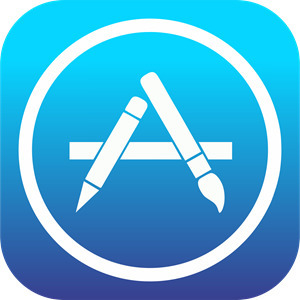

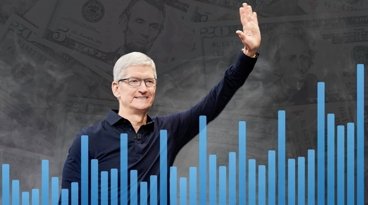
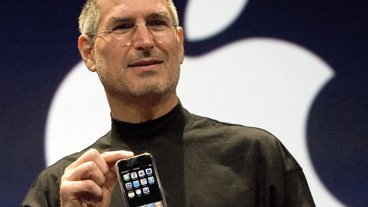

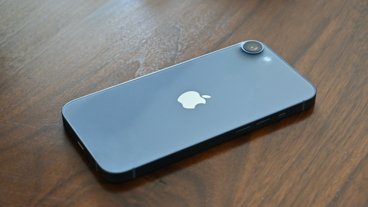

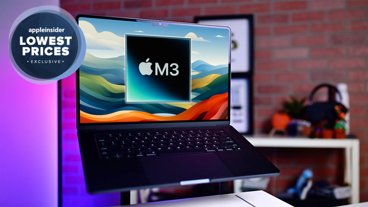
-m.jpg)






 Malcolm Owen
Malcolm Owen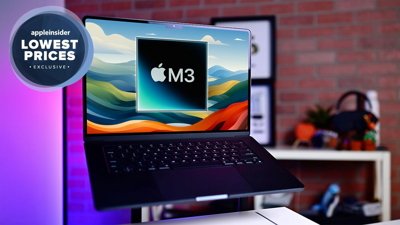
 Christine McKee
Christine McKee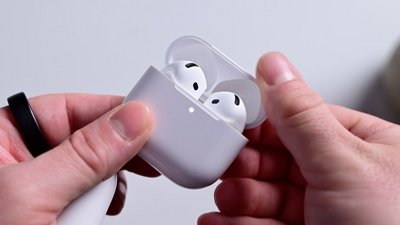

 Sponsored Content
Sponsored Content



 Wesley Hilliard
Wesley Hilliard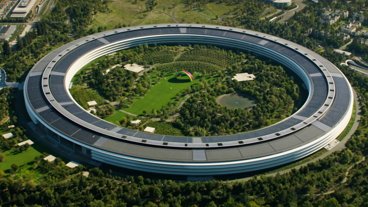








19 Comments
This is a ridiculous case and it should have been thrown out. Any business has the right to charge a fee for the products that it sells and any business has the right to demand exclusivity when the products are built using their platform and tools. But let's say the developers win their case and they win the right to sell their apps outside of the App Store. What do they think is going to happen? Apple will simply start charging royalties to use their platform and/or development tools that will amount to the same fees, possibly even higher fees.
I know they believe the 30% is onerous, but if they were selling a physical product to physical retailers or distributors, like Ingram Micro-D, what do they think the wholesale price would be? It would be 45% to 55% below list. They would get even less. And even selling virtually, Amazon wouldn't give them a very good deal either. The only thing they'd be able to do to their advantage would be to sell the product themselves without giving Apple a cut, but as I wrote above, Apple would simply change the model and charge royalties and development tool fees.
As a developer myself, I don't stand in this crowd of entitled whiners that feel Apple doesn't deserve a cut for doing all the front-end work and financial logistics. It just irks me to the nth degree how entitled people have become.
Developers nowadays have zero clue how us older developers had to do it in the old days. They are more than welcome to get off the iOS train and develop exclusively for Android and see how well that works for them.
Drawing an analogy to a bricks and mortar store; where the iPhone is Macy’s.
This would be like some home based artisan who makes silk scarves walking into Macy’s and setting up a table to sell her scarves. Worse yet, they’d be getting Macy’s to endorse their product, get Macy’s staff to man the booth 24x7, and use their point of sale system. Then expect to get 100% of proceeds.
Not bloody likely.